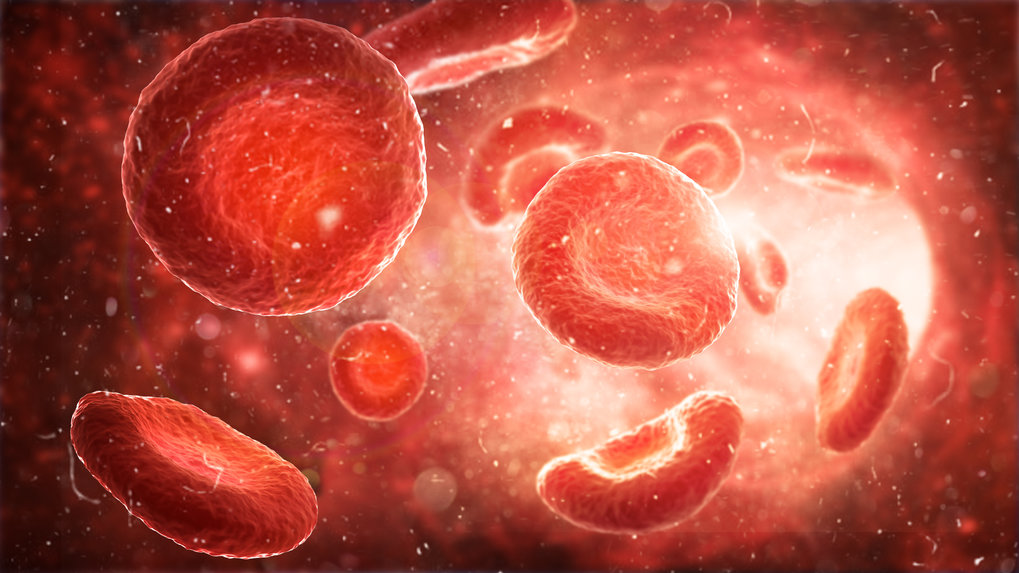Cancer cells with mutations in the JAK2 signaling pathway survive therapies using the YBX1 protein

Scientists at the Max Planck Institute of Biochemistry have now discovered why JAK2 mutant tumor cells can survive cancer therapy. Myeloproliferative neoplasms (MPN) is a chronic cancers of the hematopoietic system. In simple terms it is a cancer of blood cells. This can be caused by mutations in JAK2 protein, because this important protein regulates cell division and differentiation. In order to heal the diseases, drugs are needed that prevent the diseased cells from proliferation in the long term. Patients with JAK2 mutations are treated with JAK inhibitors but the treatment often fails. With the currently used drugs, there are some cells that are either resistant to the drugs in advance or get used to the drug. Therefore, these cancer cells continue to divide unintentionally. Scientists around Matthias Mann, from the MPI of Biochemistry together with scientist from the Leibniz Institut on Aging in Jena, have investigated the mechanism that enables cancer cells to survive a drug treatment.
